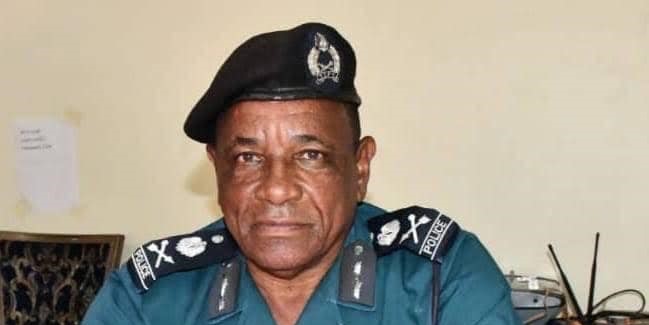South Sudanese immigration authorities said Tuesday they have arrested 17 Eritrean nationals in two separate incidents, part of what they describe as a crackdown on illegal migration and human trafficking networks using the country as a transit route.
The Director General for Civil Registry, Nationality, Passport, and Immigration, Maj. Gen. Elia Costa Faustino, said the individuals were intercepted while attempting to cross into Sudan without valid travel documents.
In the first incident on Oct. 10, immigration officers in the northern border town of Aweil, in Northern Bahr el Ghazal State, detained a group of 14 Eritreans — 13 men and one woman, Costa said.
“They are now in Juba at the Immigration Headquarters for investigation,” he stated. “We have opened a case against them under the Immigration Act because they were moving without any documents.”
In a second, separate incident, authorities detained three more Eritreans — two men and one woman — near Paloch, also without identification, he added.
Costa linked the arrests to a broader pattern of human trafficking through South Sudan’s northern corridor. He said the migrants are often funneled through Sudan and Libya with the ultimate goal of reaching Europe, after crossing the Mediterranean Sea.
“It is not the first time,” Costa said. “We have arrested many Eritreans moving through South Sudan to Sudan. That is human trafficking, and there is a network organizing their movement.”
He said investigations are underway to uncover these networks.
The official revealed that most of those arrested were young men between the ages of 17 and 20, and that the group included one underage girl. He did not provide her specific age.
Costa praised border security forces for their vigilance and urged local communities to report suspicious activity. He also called on the embassies of Eritrea, Somalia and Ethiopia in Juba to cooperate with South Sudanese authorities to address the issue.
“We will report the arrests to the Eritrean Embassy so that they are aware of their citizens’ movements,” he said, noting that over 30 Eritrean nationals had previously been arrested and deported through legal channels.
While reaffirming the government’s commitment to border security, Costa emphasized that South Sudan welcomes visitors who follow proper procedures.
“We are not rejecting people who come to South Sudan,” he said. “But you must come through legal procedures with a passport or other valid documents.”




